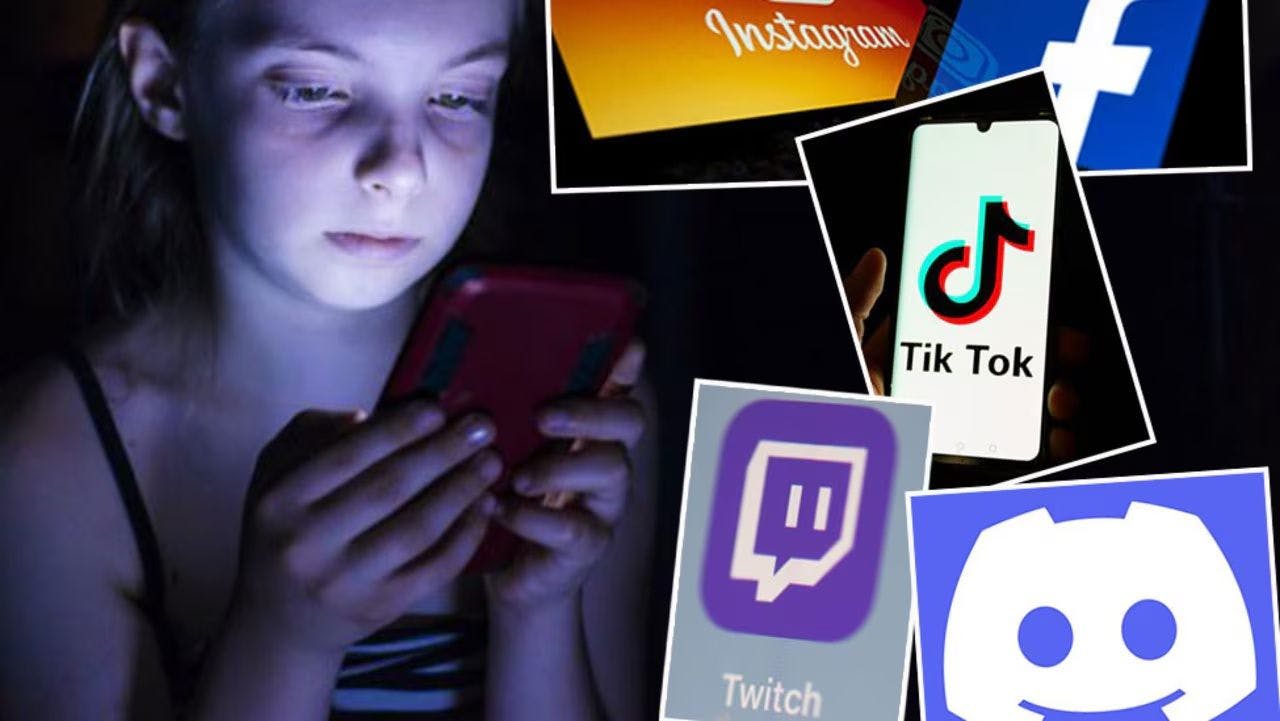Australia’s new social media ban, which will apply to major platforms including Facebook, Instagram, Threads, Snapchat, TikTok, X, Reddit, Kick, and YouTube, will officially take effect on December 10, restricting access for all children under the age of 16.
It’s going to be fascinating — though, frankly, a little alarming — to see how many parents will attempt to sidestep Australia’s social media under-16 bans in the coming months. You can almost predict the strategies: fake birthdates, borrowed accounts, or the old “just this once” excuse.
And while some may argue that kids need social media to “fit in” or “stay connected,” the real shame is far bigger: parents are willingly enabling their children to enter a space that psychologists, child safety experts, and educators have long warned is toxic.
We live in a world where online platforms have become the new playgrounds, except these playgrounds are filled with predators, bullies, and algorithms designed to manipulate attention.
Parents who hand over access to these platforms to twelve-year-olds are, in effect, giving them the keys to a minefield. Then, when inevitable harm occurs — cyberbullying, predatory messaging, exposure to inappropriate content — these same parents are often the first to cry foul.
It’s a bizarre kind of cognitive dissonance. Watching parents complain about social media harms while simultaneously enabling them is like seeing someone scream about fire burns while repeatedly tossing their child into the flames.
The danger isn’t theoretical; it’s real, pervasive, and measurable. Every day, children are encountering stress, anxiety, and emotional trauma online that could have been avoided if adults had set firm boundaries. And this is where the under-16 bans come in. They aren’t arbitrary bureaucratic hurdles or “annoying rules” designed to inconvenience families.
Hundreds of professionals — psychologists, child development specialists, and educators — have studied the effects of social media on developing minds, and they have overwhelmingly concluded that early exposure is harmful. When experts align so strongly on an issue, the onus is on parents to listen, not to argue.
Yet, many will push back. They’ll insist their child is “responsible,” or that social media is simply “part of modern life.” But responsibility doesn’t magically appear at twelve.
Developing brains are highly impressionable, and children are ill-equipped to navigate complex social hierarchies, manipulative algorithms, and online predators. To argue otherwise is to ignore decades of research in child psychology and digital safety.
Ultimately, this debate isn’t about freedom or rebellion. It’s about protection. It’s about recognising that social media is not neutral — it’s a business model designed to capture attention, often at the expense of mental health and emotional well-being. Parents who ignore this are not just bending the rules; they are exposing their children to real, preventable harm.
So yes, it will be interesting to see how many families attempt to bend or break the rules. But more importantly, it’s a wake-up call. If we truly care about the next generation, if we want them to grow up resilient, confident, and healthy, we must stop arguing about convenience and start respecting expert guidance. Sometimes, the best way to love a child is to keep them out of the fire — not hand them a match.


